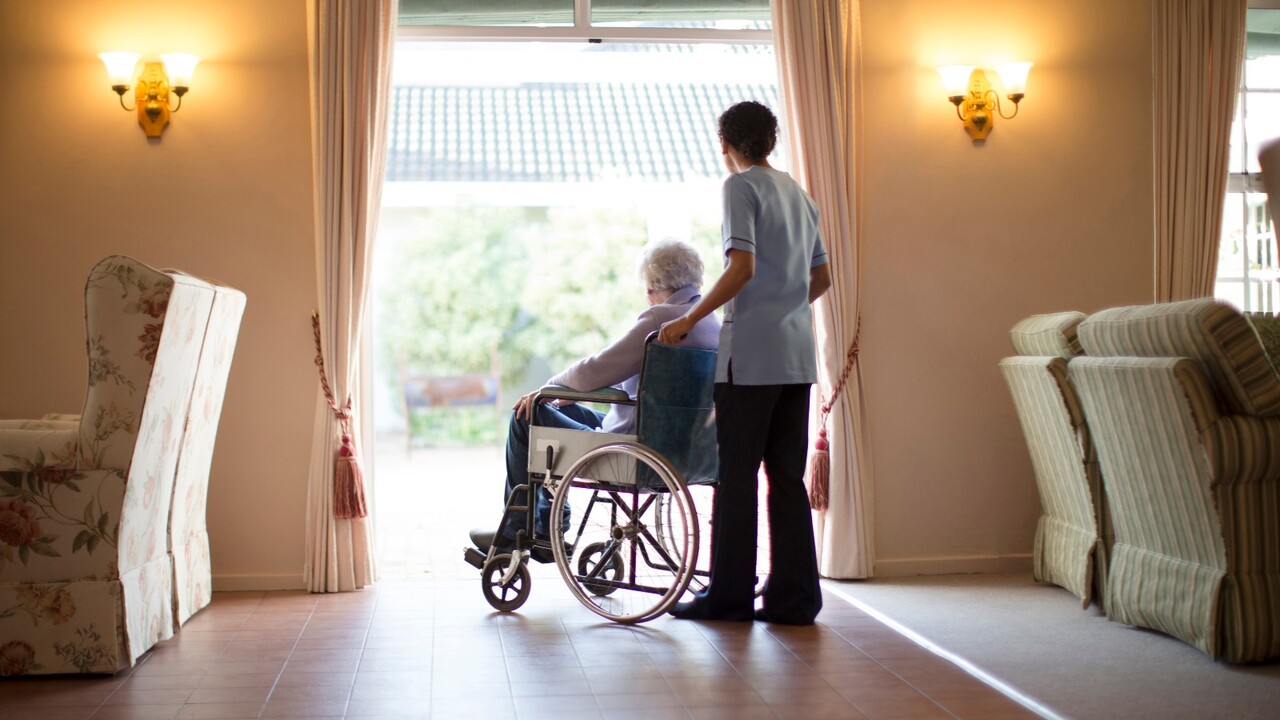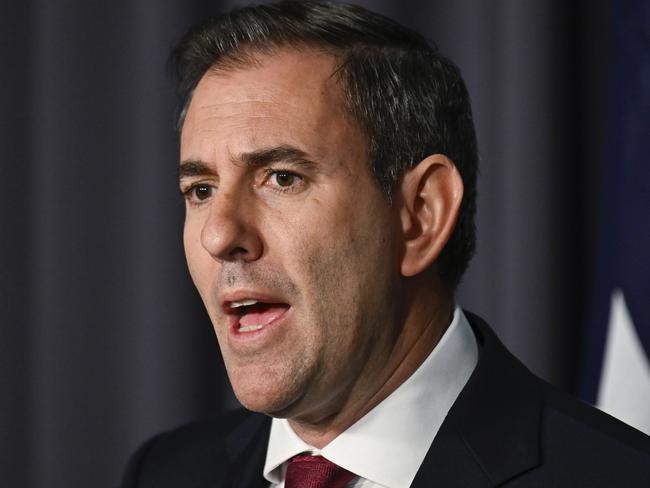Labor criticised for aged care sector reforms being pushed back until November 1
Labor’s decision to delay massive aged care reforms for four months has been criticised as a “clear admission of failure” that “could have been avoided”.

National
Don't miss out on the headlines from National. Followed categories will be added to My News.
Labor’s decision to delay massive aged care reforms for four months has been criticised as a “clear admission of failure” that “could have been avoided” if the government had listened to the sector about the time it would take to implement the reforms.
The Coalition has described pushing back the rollout to November 1 as the “right decision” for older Australians, aged care providers and home care operators, but insisted the “embarrassing backflip” need not have happened if Labor had voted in favour of a 12-month transition period proposed by the opposition last year.
Treasurer Jim Chalmers on Wednesday said the delay was “modest”, but confirmed it would result in a loss of revenue of $900 million over the next four years due to the requirements for wealthier older Australians to pay more for their non-clinical care not kicking in for four months.

Coalition health and aged care spokeswoman Anne Ruston said the government was “warned” its original timeline was unachievable.
“We put forward a responsible, measured amendment to ensure that their reforms could be rolled out safely and effectively, and Labor opposed it,” she said.
“The aged care sector has been crying out that the 1 July deadline was not deliverable without causing serious negative consequences.

“Why has it taken the government until 5 minutes to midnight to alleviate the stress and uncertainty they have inflicted?
“It is a sad indictment that the essential services relied on by older Australians have paid the price for this government’s incompetence.”
Aged care providers have welcomed the Albanese Government’s decision to push the start of sweeping changes, initially due to take effect from July 1, until November.
Labor has claimed the extra time will ensure providers can get their systems ready for the changes and give the government time to “finalise key operational and digital processes”.
The reforms strengthened regulatory oversight of the sector and launched the Support at Home program to simplify in-home care services.
Changes would also require wealthier retirees to contribute more towards non-clinical services, increasing the lifetime cap from $80,000 to $130,000, while clinical care will remain government-funded.
Council of the Aging chief executive officer Patricia Sparrow said the delay was necessary to avoid confusion and ensure older people and their families were “informed” about how the new system would work.
“We wanted a 1 July start date so people didn’t have to wait any longer for their rights than they already have, but ultimately, we concluded it’s far more important to get it right and ensure that older people understand what will happen for them,” she said.

Ms Sparrow said the government and aged care providers must use the time to ensure a “smooth implementation” of the changes on November 1.
“This needs to include Services Australia starting the process of providing older Australians with the critical financial information they need as soon as possible,” she said.
Ms Sparrow said COTA was calling on Labor to continue to release extra packages of support for people living at home and reduce the wait list as an interim alternative to the delayed Support at Home program.
Catholic Health Australia (CHA) chief Jason Kara said the organisation “strongly support” the reforms, but the delayed rollout was necessary to avoid “unintended negative consequences”.
“Reform of this magnitude and importance should not be rushed,” he said.
CHA represents more than 350 aged care facilities and 20 per cent of home care in the country and had been pushing for extra time to prepare for the reforms.
“Partly due to the later than-expected passage of the Aged Care Act, much of the detail around how the new program will work is incomplete or in draft,” Mr Kara said.
“Requiring providers and residents to sign agreements without key information such as co-contribution amounts and transitional rules would have risked the discontinuation of care, or care being provided without a legal service agreement, posing legal, financial and regulatory risks.”

Older Persons Advocacy Network (OPAN) chief Craig Gear said the peak body “reluctantly” supports the four-month delay.
“Until now, OPAN has been steadfast in its call for the Act to be implemented, as promised, on 1 July 2025, because older people can’t get the aged care they need without it,” he said.
“However, over the past weeks, it has become increasingly apparent that, while the macro design of the reform is solid, older people don’t have the necessary information to make informed choices at an individual level, particularly around the new Support at Home program.”

Health and Aged Care Minister Mark Butler said the government had made “no secret” it was an “incredibly ambitious reform”.
“These are once in a generation reforms, which put older Australians at the centre of aged care,” he said.
“We want to make sure that all operational, digital and legislative pieces are in place before the rollout starts.
“This brief deferral allows providers to train their staff and have conversations with their clients, get their IT systems ready and prepare operations for an orderly transition.”
Aged Care Minister Sam Rae said the delay would ensure the new Aged Care Act and Support at Home scheme was “ready for older Australians and their families”.
“This brief deferral will allow more time to bed down key changes to reduce aged care assessment times, in line with community expectations,” he said.
More Coverage
Originally published as Labor criticised for aged care sector reforms being pushed back until November 1





